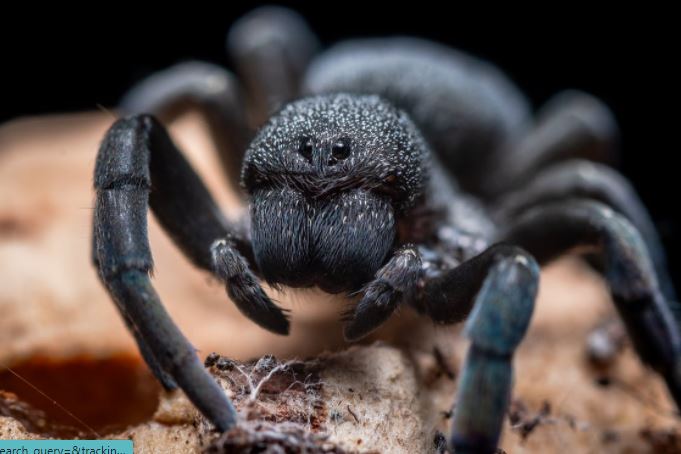Choosing a pet could sometimes depend on the type of owner since not all pets are easily handled. This is entirely true for spiders, where particular things need to be considered first before getting yourself one. Aside from the fact that spiders could bite, there is other interesting information that you need to learn about keeping spiders as pets.
Spiders are fascinating animals that are enjoying to watch and learn. However, owners need to be mindful of handling certain breeds of spiders since they can be harmful if they feel threatened or mishandled.
Essential Tips About Spiders Before Keeping Them As Pets
- No matter what happens, do not panic. Spiders jump, crawl and run at blinding speeds. They may sometimes go at you or somewhere above your head, but regardless of the situation, don’t panic.You need to stay calm, especially when handling spiders. It is either you who get bitten or them who get squashed if you’re not gentle. If you think you are fearful of managing or even seeing them, do not consider getting a spider as a pet.
- Watch out for how much they grow. Most spiders would start their days small after hatching from their egg. But in a couple of months, some spiders depending on their breeds could become as big as your hand. Although some of them would remain small, it entirely depends on the kind of spider you have. So you need to check how big the spider could get before getting it. You might be surprised that your tiny little spider before is now a big cricket-eating pet.
- Be careful that spiders do bite. You should know that although you keep spiders as pets, they tend to still bite you. But this is only true when the spider is threatened or mishandled by its owner. Since this is the case, some particular spiders with strong venoms, like the Black Widow Spiders, are not recommended to be kept as pets.
- Learn about their behavior. Spiders actually have different behaviors. Some are somewhat sociable with their owners, while some are shy. The shy spiders are the ones you need to be careful of since most of them have strong venoms, although it is rarely done on humans. Another fantastic thing to learn about spiders is how they build their webs. There are different kinds of web designs depending on the type of spider. And to believe it or not, most spiders could only finish the entire web within an hour, no matter how complicated it looked.
- Educate yourself. Before going to that local pet store for a spider, you should try researching first and educate yourself on safely keeping your spiders as pets. You might be shocked if one day your spider has already gone from the box you made for them since these silent eight-legged pets are the true escape artists. And when they are gone, they could be challenging to find.
Aside from the house box or shelter you need to provide for them, you also need to know the type of food you can give them, how frequently you can provide them with food, and how to properly handle them.
What Food Can You Provide Them With?
Contrary to other people’s belief, spiders are not insects; they are arachnids. And spiders are natural-born predators, so they eat other insects that are smaller or weaker than them. They usually eat crickets, grasshoppers, cockroaches, moths, flies, and butterflies. You just need to be careful whether the insect you will give them is infected with insecticide or not because it will kill your pet spider.
Depending on the size of the food that you give them, they can usually eat once or twice a week. And, of course, that also depends on the size of your pet spider. So you need to watch out for these details as well.
For the water, spiders only need a few drops to keep themselves hydrated. So you have the option to just provide a tiny bowl of water, or perhaps a wet cotton ball to keep them moisturized the entire week. You don’t need to provide a large supply of water since they could only topple it down, making their shelter wet.

